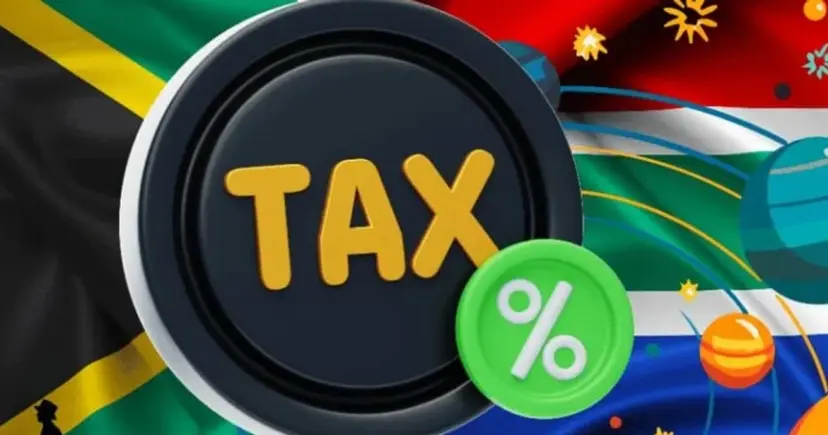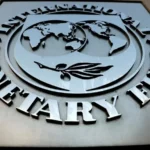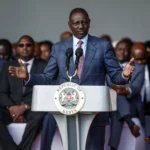Senegal is intensifying efforts to bolster its tax collection mechanisms as part of a broader strategy to decrease reliance on external financial assistance, particularly from the International Monetary Fund (IMF).
Prime Minister Ousmane Sonko emphasized the importance of tax reform in offsetting the annual 250 billion CFA francs ($437.64 million) previously received from the IMF.
The nation’s financing arrangement with the IMF was suspended due to earlier misreporting of debt and deficit figures, leading to a halt in disbursements over the past year.
In response, Senegal aims to enhance domestic revenue through improved tax compliance rather than increasing tax rates.
- Advertisement -
The government plans to reinstate the tax on incoming international calls, abolished in 2012, to generate approximately 50 billion CFA francs annually without imposing additional burdens on citizens.
Additionally, consolidating various tax codes into a comprehensive General Tax Code is expected to improve transparency and efficiency in tax administration.
The government’s fiscal strategy includes reducing the budget deficit to 3% of GDP by 2025 and achieving a tax-to-GDP ratio of at least 20%, up from the current level of less than 18%. These measures aim to strengthen financial sovereignty and promote inclusive economic growth.
By rationalising tax expenditures and expanding the tax base, Senegal seeks to create a fairer, more transparent economic environment conducive to sustainable development.
Despite challenges, such as the suspension of the IMF program and the need for urgent reforms to address debt issues, Senegal remains committed to implementing structural reforms.
- Advertisement -
These include enhancing social safety nets, strengthening governance and transparency, improving the business environment, and addressing weaknesses in the financial sector to promote inclusive and private sector-led growth










